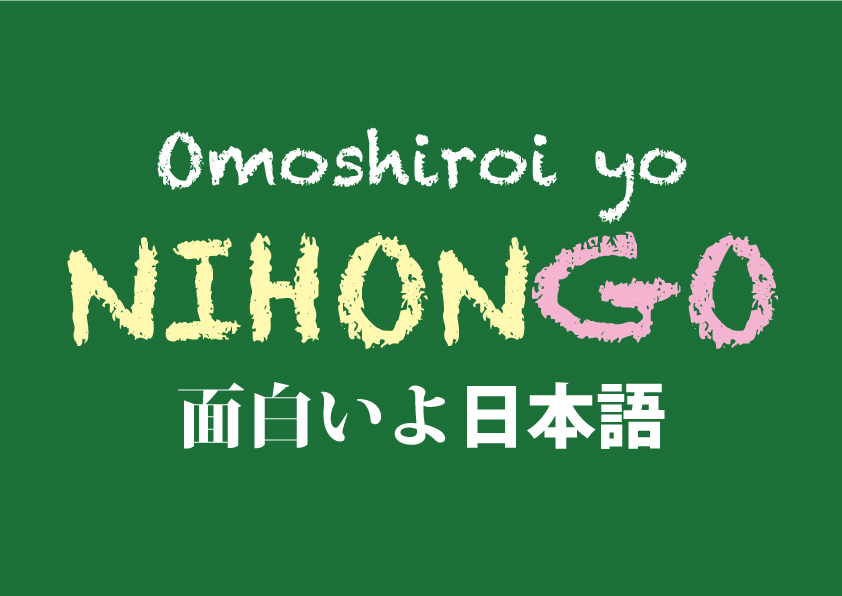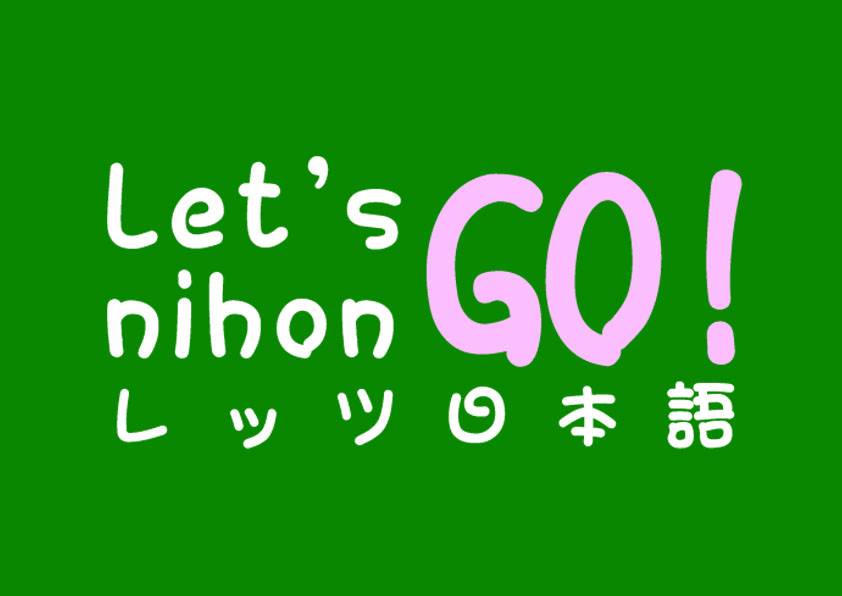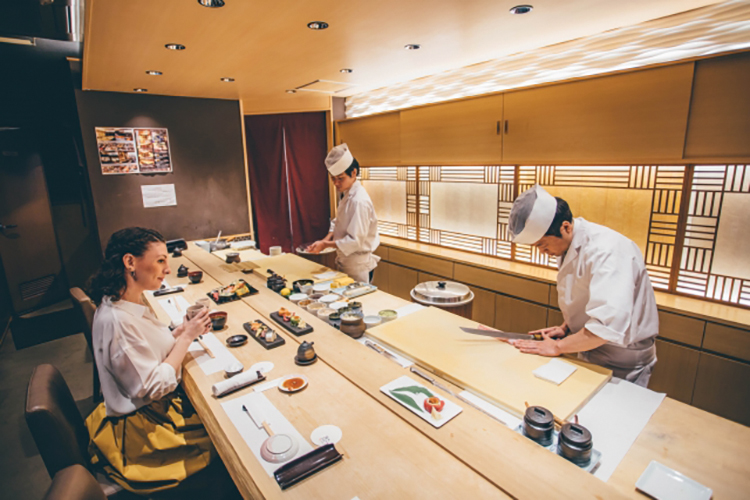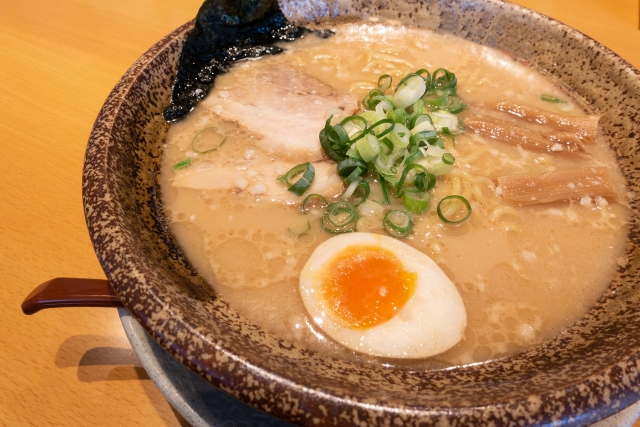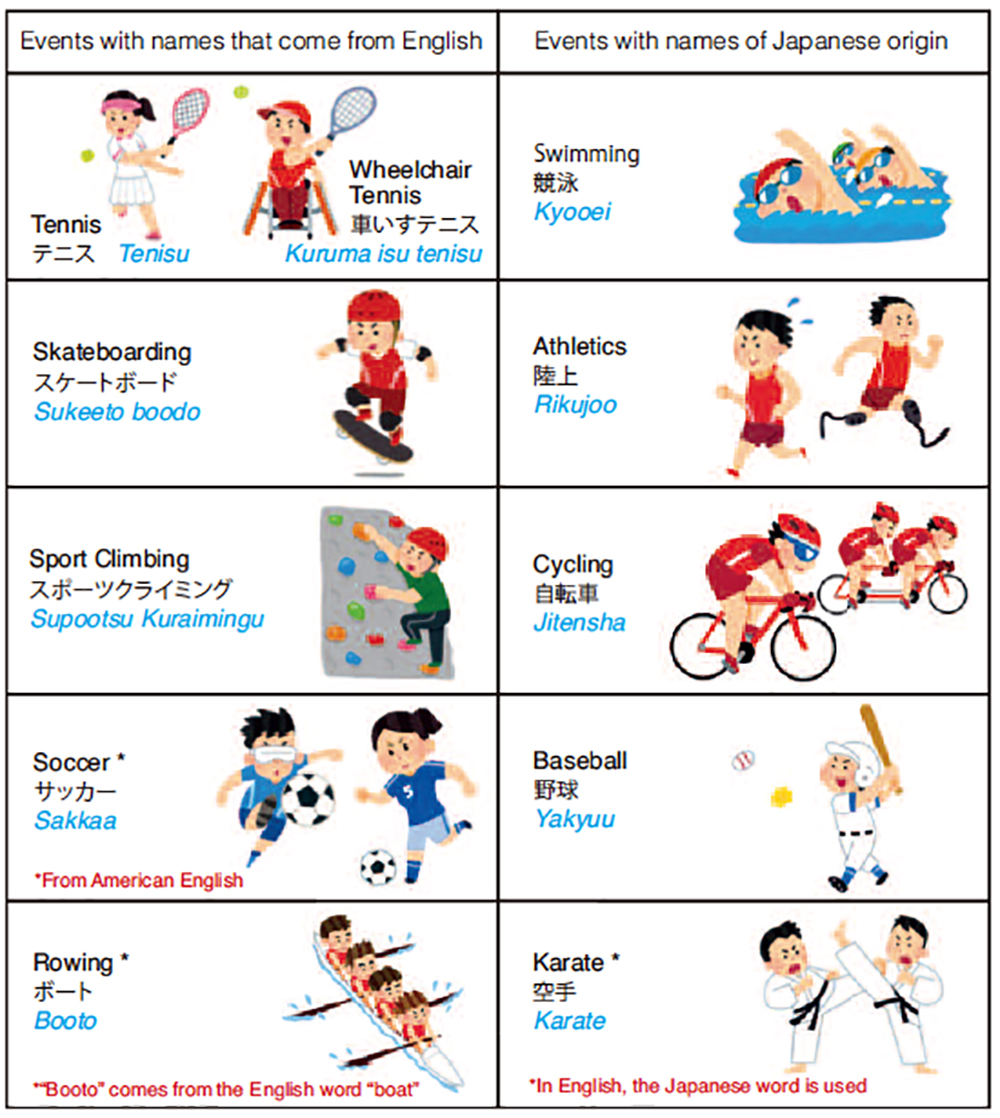

Hello there! This column will include useful Japanese phrases that cover a variety of topics.
Konnichiwa, Mina-san! (Hello, everyone!) When I first opened a work e-mail and saw the phrase “I hope this email finds you well”, I racked my brain trying to work out what it meant, while translating it directly into Japanese and feeling completely confused. Different countries have their own expressions and set phrases. For example, when you meet your friends and colleagues and say “how are you?” or “how was your weekend?” I find it really interesting, because in Japan we don’t have that custom.
So! Here’s a challenge for you to try: in the two conversations below, try to work out the meaning of the parts in Japanese.
◆Situation 1:
A is new to the office and is introducing himself to his colleague b.
A: How do you do. My name is A. I will be working in the London office from today. Yoroshiku onegai shimasu. b: I’m b. Yoroshiku onegai shimasu.
◆Situation 2:
One day in the office, A is talking to the buchoo (director of the department).
A: buchoo, I have completed the documents you asked for, could you have a look at them? Yoroshiku onegai shimasu. b: Great, thanks. I’ll look through these later.
So what do you think? “Yoroshiku onegai shimasu” is a phrase you will use and hear every day if you work in a Japanese office, but how did you translate it into english? Well, lots of you are probably surprised that the same phrase, “Yoroshiku onegai shimasu”, can be used in two completely different situations like above. Actually there are lots of phrases in Japanese which you can use in lots of different situations, so I’ll introduce a few.
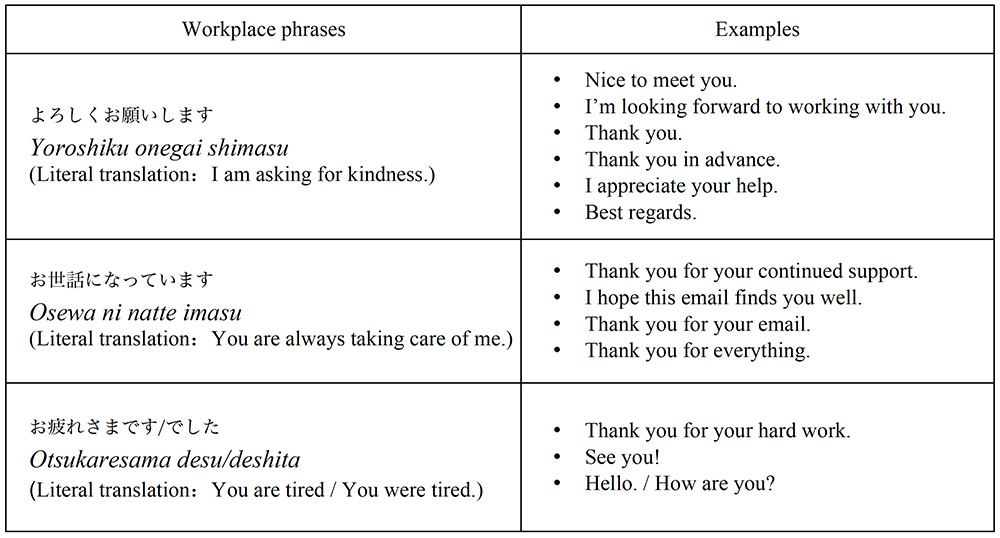
Don’t you think these phrases that you can use in a variety of situations are useful? because there are multiple meanings based on context, it is difficult to translate them differently and also it is difficult to convey the nuances in english… for example, “Otsukaresama desu/deshita” (you are tired / you were tired) – by changing “desu” (present) to “deshita”(past), you can change the meaning of the phrase from “hello” to “see you”. Isn’t that interesting? And like with phrases such as “Yoroshiku” or “Otsukare (sama)”, where you take away the polite ending form of the phrase, you can change the register so these phrases can be used with your friends or colleagues, so why not try them out? I hope you read the column next month! Until then, Yoroshiku onegai shimasu!
Sayoonara, Jaa mata!
さようなら、じゃあまた!
(Goodbye, see you!)
MARIKA.H
▶︎Check out this video:
https://a2.marugotoweb.jp/en/challenge_drama/example/?id=7

